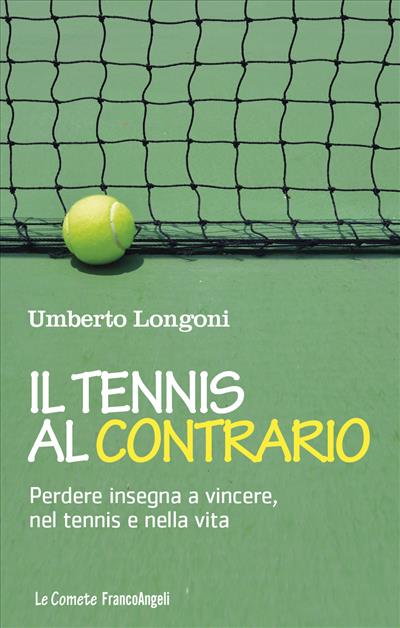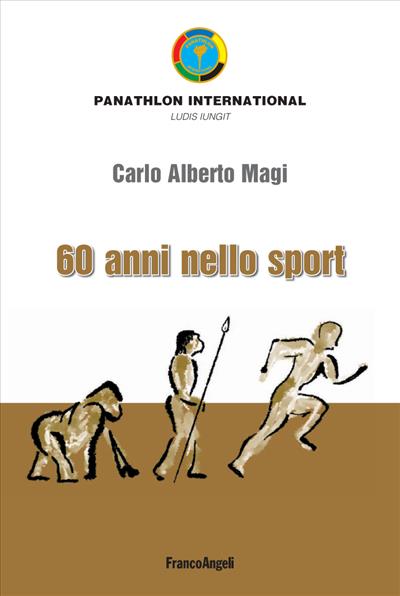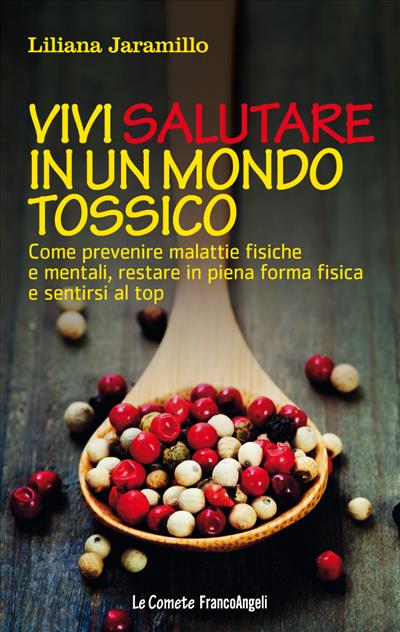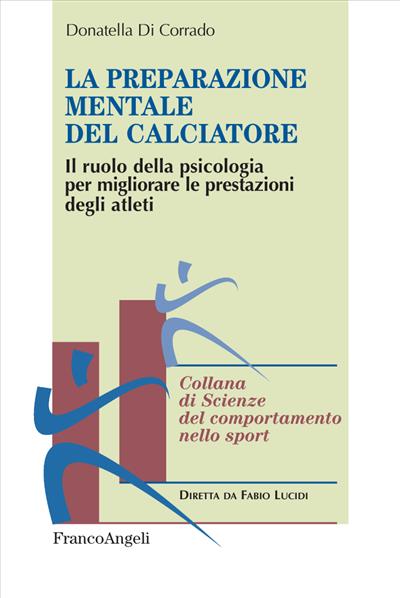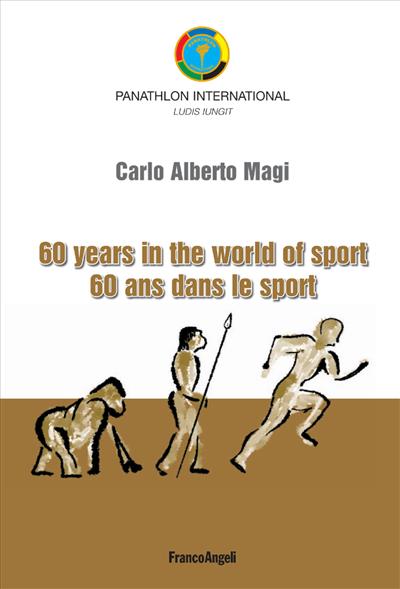
Sixty years in the world of sport 60 ans dans le sport
Panathlon, as a cultural movement, celebrates its 60th anniversary. After the volume “40 Years in the World of Sport”, translated into five languages and presented for Panathlon’s 40th anniversary celebrations, this book resumes the history of the last 20 years of Panathlon.
Pagine: 320
ISBN: 9788856868210
Edizione:1a edizione 2011
Codice editore: 2000.1337
Possibilità di stampa: No
Possibilità di copia: No
Possibilità di annotazione: No
Formato: PDF con DRM Readium LCP
